He had long been one of Switzerland’s most promising writers and intellectuals when Daniel de Roulet, aged 48, was awarded the New York scholarship from the canton of Berne. The son of a clergyman from French-speaking Switzerland and of the daughter of an industrialist from German-speaking Switzerland, he studied sociology in Paris and architecture in Geneva but from 1973 worked his way up to become an outstanding IT specialist in Zurich. His first two books published in German – “Die Höllenroutine” and “Zählen sie nicht auf uns” – reflect this. However, it was the book which finally made him a French-language author that took him to New York: “A nous deux, Ferdinand”, the utopia of a globally-oriented Switzerland of agricultural cooperatives.
The fact that one of the two novels inspired by New York – “La ligne bleue/Die blaue Linie” from 1995 (“The Blue Line”, 2000) – focused on the New York marathon, which followed a blue line, comes as little surprise as de Roulet, who has run many marathons, sees running as the inherent counterpart to writing both rhythmically and technically. However, the novel is more than a declaration of love for the marathon. In the mind of the runner Max von der Pokk, the experiences on the New York course are intermingled with a recollection of escaping from Kaiseraugst to Olten in 1979 when the nuclear power plant information pavilion caught fire and the flight of the painter Gustave Courbet to Switzerland after he had destroyed the Vendôme column in Paris. However, that is not all as Max is also in contact by telephone with his lover Shizuko Tutsui who, with his help, wants to destroy plans for an eccentric airport terminal in Nagasaki.
“La ligne bleue” became the nucleus of the “La Simulation humaine” series of novels comprising ten books up to 2014 in which de Roulet juxtaposes the descendants of the Swiss industrialist Paul von Pokk with those of the Japanese kamikaze pilot Tsetsuo Tsutsui and in which a whole century of technical and scientific development is evoked, from the factories of the 19th century to the Fukushima disaster.
The second novel attributable to the 1992 scholarship, “Virtuellement vôtre”/“Mit virtuellen Grüssen” – published back in 1993 – is also part of this series. The setting this time is the St. Bellevue hospital in the New York district of Harlem. Here one of the descendants of Paul von Pokk, Vladimir Work, a medical professor specialising in computer simulation, develops a method for replacing operating surgeons with the computer. Outside this El Dorado of modern medical technology, Frenesie, a homeless black woman, is sleeping in an empty room in the enormous hospital and living on stolen food. Her boyfriend, an admirer of the freedom fighter Malcolm X, eventually hacks into the hospital’s computer system while she attempts to seduce the famous Professor Work in the cafeteria. Whether this is virtual or reality is a secret held by the book which depicts New York and its chasms to readers in an original, adventure-filled and futuristic way.
Charles Linsmayer is a literary scholar and journalist in Zurich.
“The awareness of all these parts of himself emerges mile by mile through numerous quotes, pleonasms and déjà-vu experiences. Max does not invent anything while running. He lists all the parts of his identity and bundles together the scattered threads of his in-the-world being. His only fear, like that of all our post-modern, but fortunate heroes, is being divested of his self.”
“Die blaue Linie”. Translated from French into German by Maria Hoffmann-Darteville
Limmat-Verlag, Zurich 1996
Bibliography: “La ligne bleue”, Editions du Seuil, Paris 1995 / “Die blaue Linie”, Limmat-Verlag, Zurich 1996, “Virtuellement vôtre”, Canevas Editeur, Saint-Imier 1993 / “Mit virtuellen Grüssen”, Limmat-Verlag, Zurich 1997.
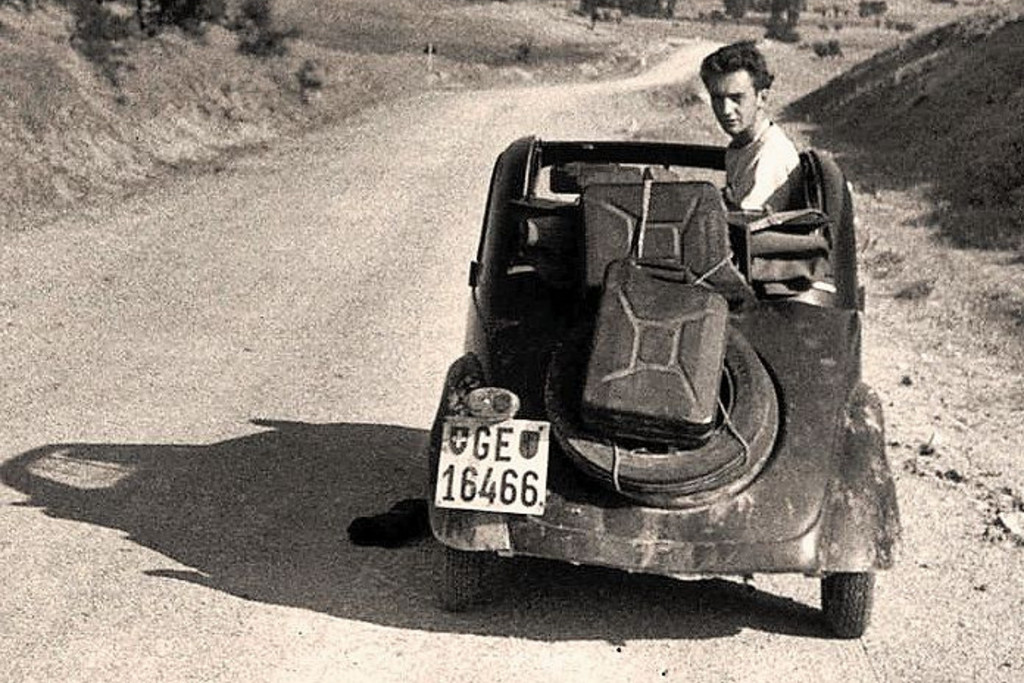
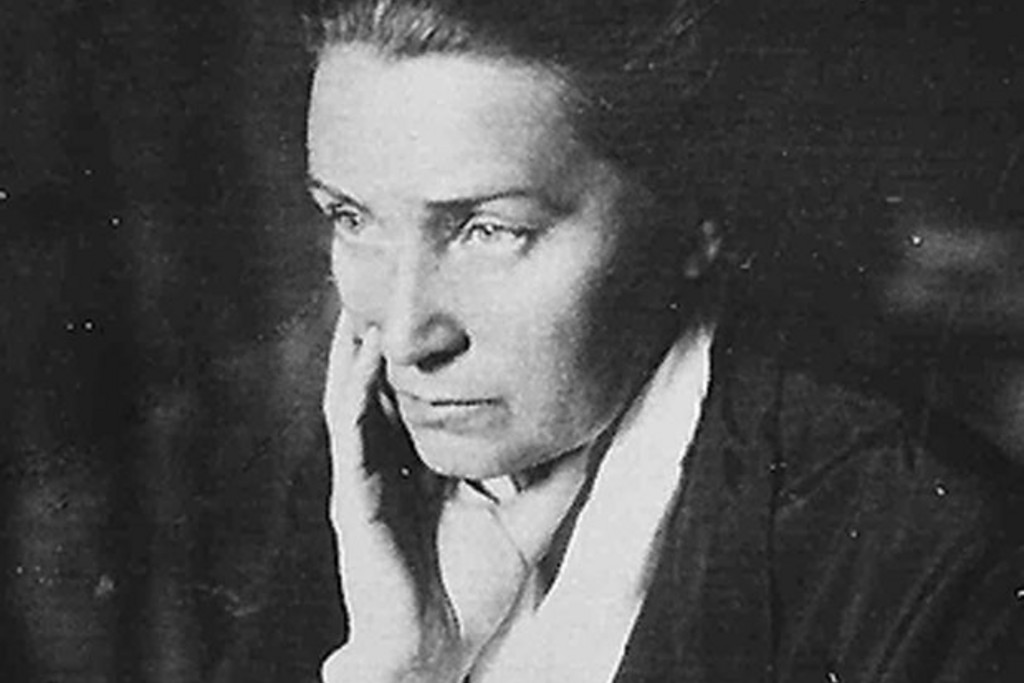


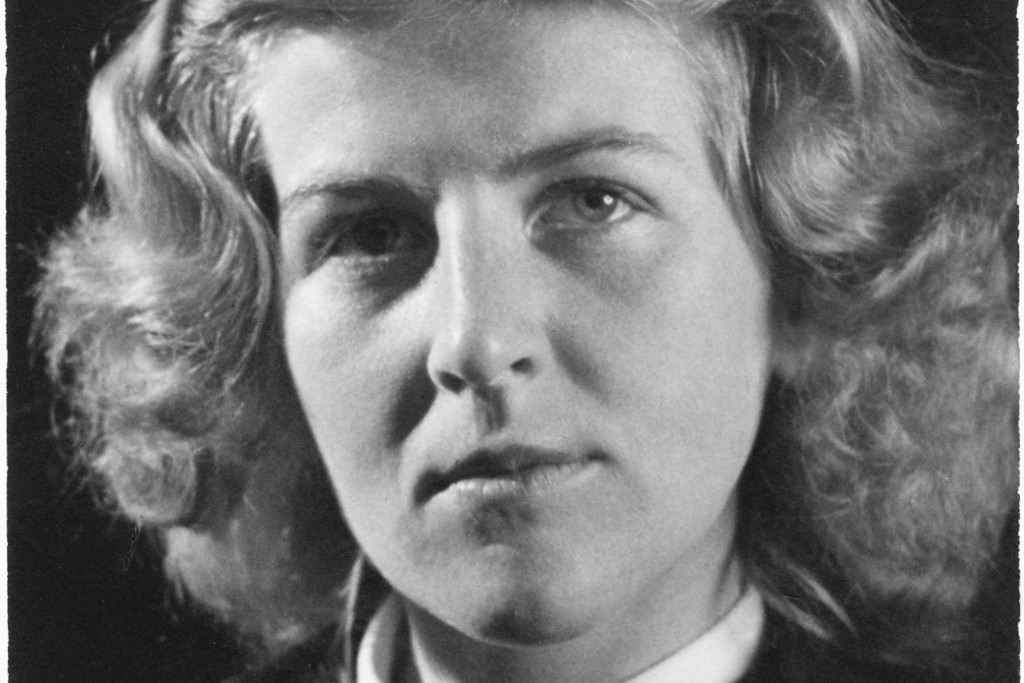
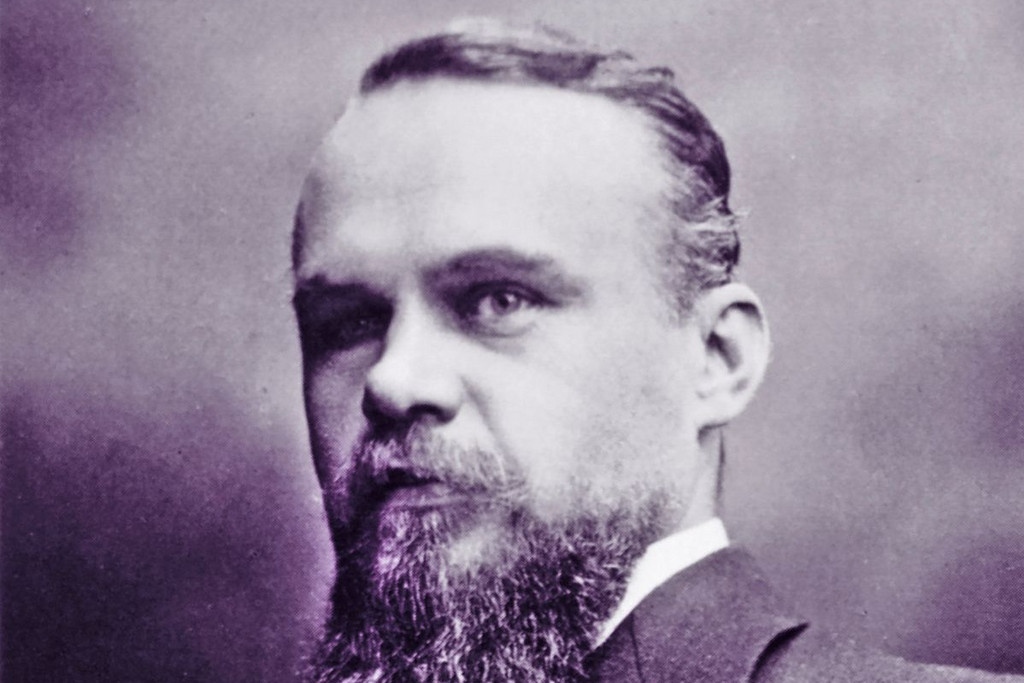
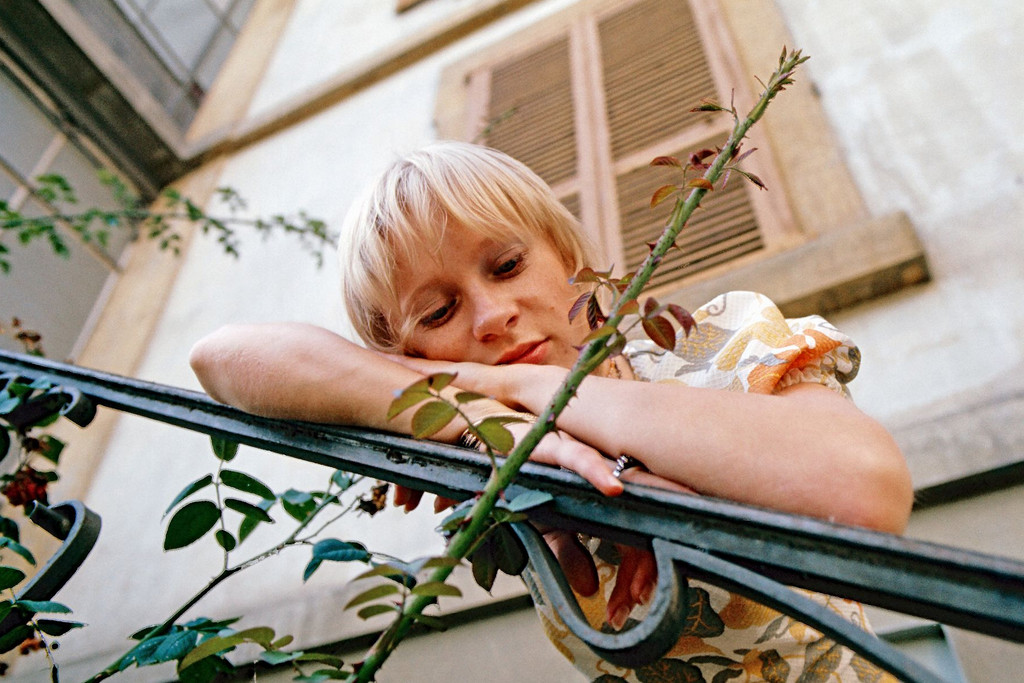
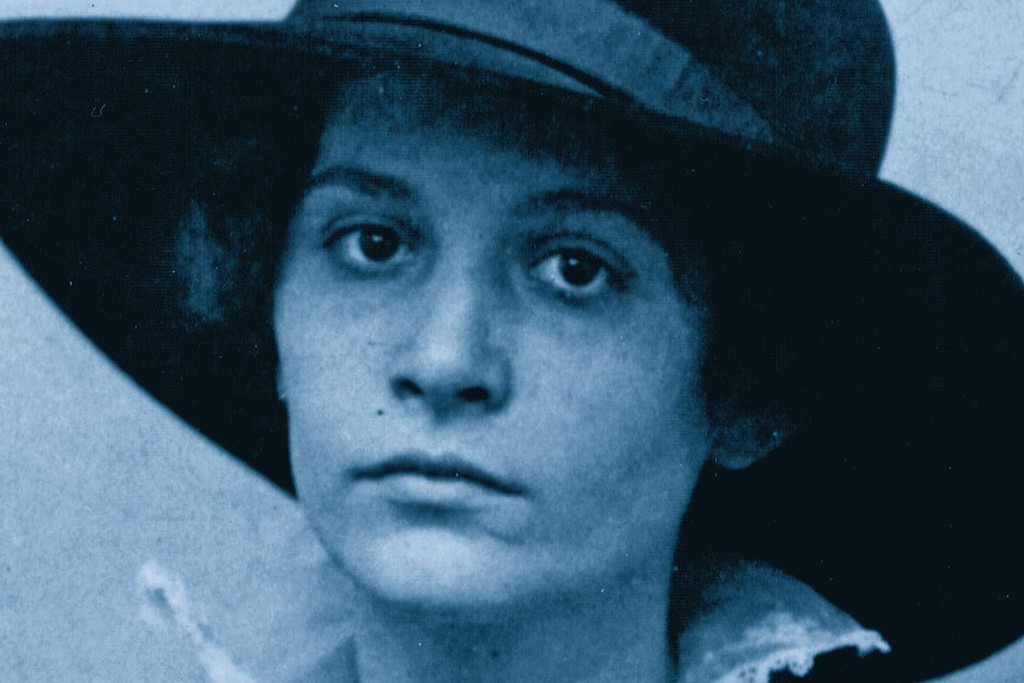



Comments